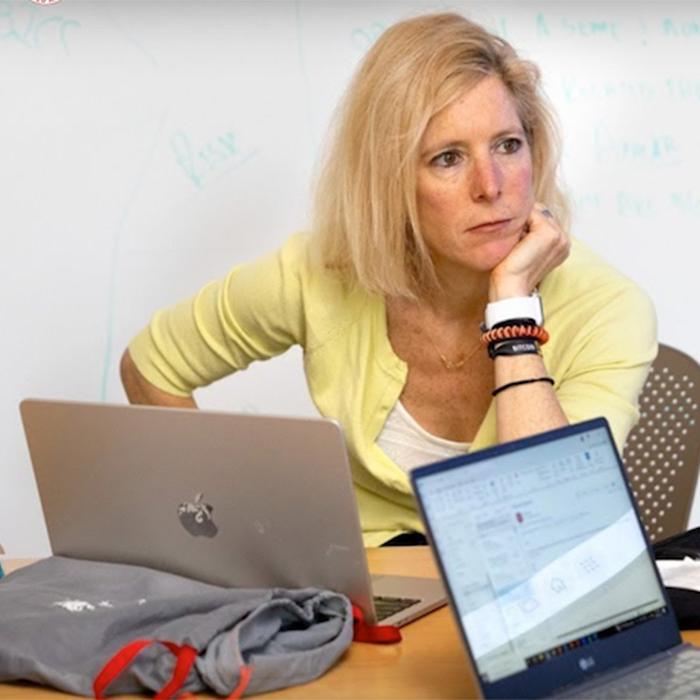
Research at risk: Protecting national defense from cyberattacks

A Cornell-led assessment of vulnerabilities in the semiconductor supply chain and how to mitigate them is on hold after receiving a stop-work order.
 Department Homepage
The College of Arts & Sciences
Department Homepage
The College of Arts & Sciences


A Cornell-led assessment of vulnerabilities in the semiconductor supply chain and how to mitigate them is on hold after receiving a stop-work order.
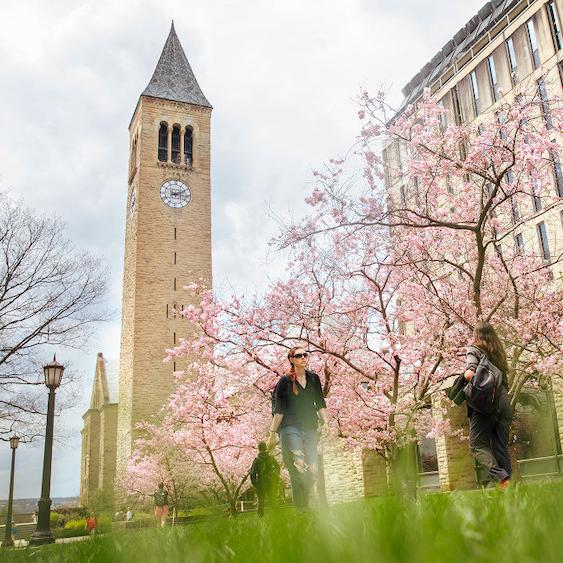

The Cornell Center for Social Sciences has awarded spring Seed Grants and the inaugural Grant Preparation Funds to support impactful social science research. Faculty can now apply for up to $115,000 in funding, with the next deadline approaching on June 1.


Cornell researchers found that by prioritizing the perspectives of white Americans instead of those from underrepresented groups, studies of pandemic disparities likely missed important insights from those most affected by COVID-19.

The idea of supplementing or replacing heavy equipment with unmanned systems isn’t new, says Sarah Kreps, professor of government and law, and founding director of the Tech Policy Institute.
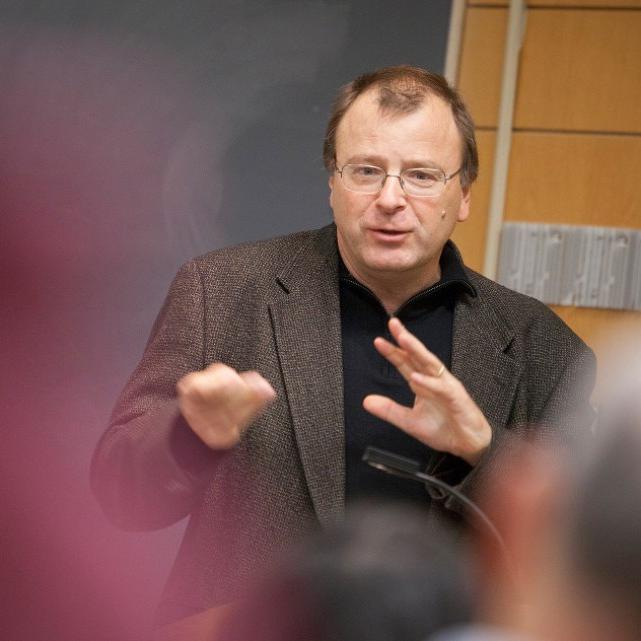
“Politics, Markets, and Governance in Africa: A conference in honor of Nicolas van de Walle,” set for May 8-9, will focus on the core themes of African political economy, regimes, and modes of electoral and social participation and contestation.

Cornell experts Bryn Rosenfeld and David Silbey comment on a 72-hour ceasefire in Ukraine starting May 8, declared by Russian President Vladimir Putin to mark the anniversary of Nazi Germany’s defeat in World War II.
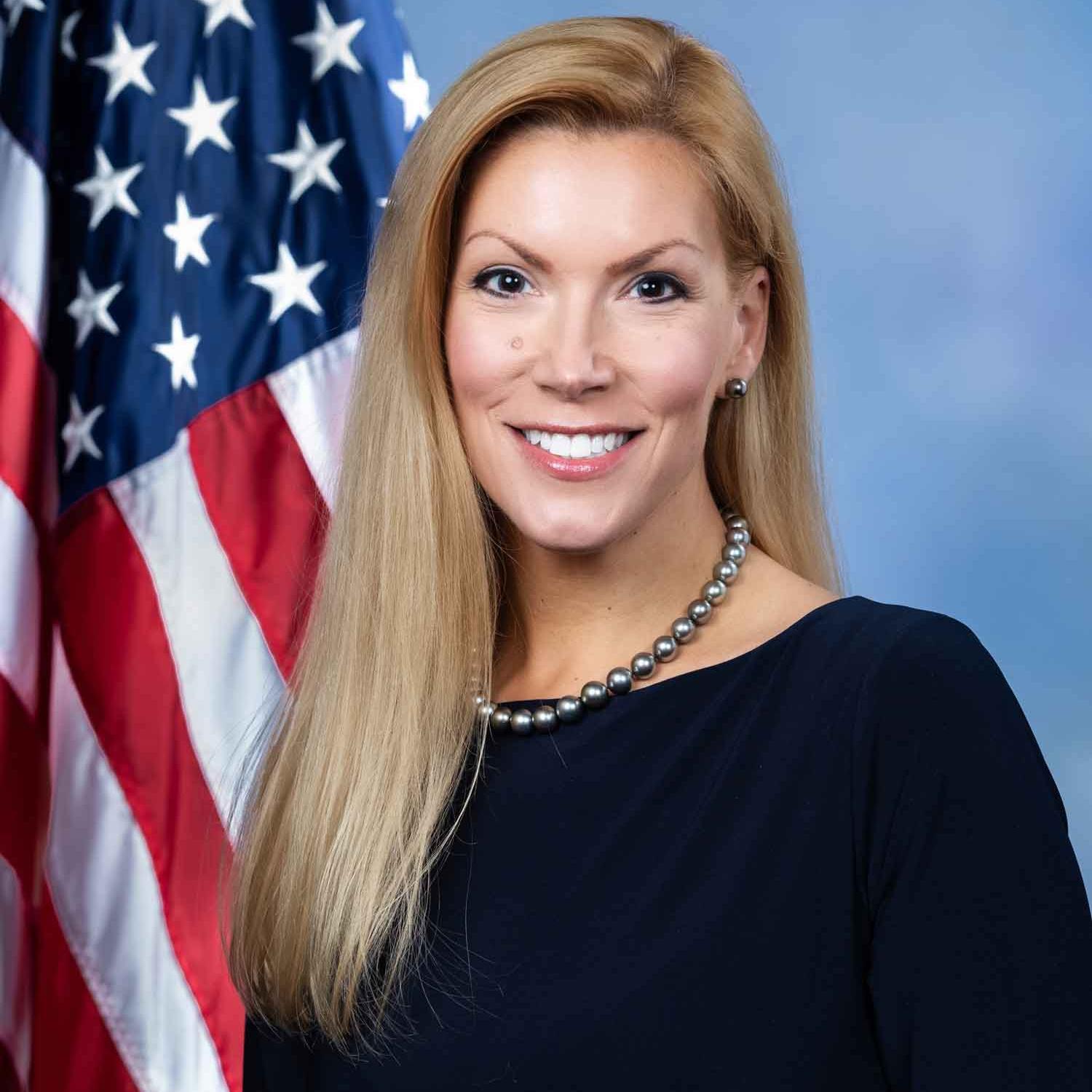
Rep. Beth Van Duyne ’95, who represents Texas’ 24th Congressional District, recently won re-election to her third term.

In a New York Times op-ed, Rachel Beatty Riedl, professor of government (A&S) and at the Jeb E. Brooks School of Public Policy writes that international students have felt increasingly unwelcome in this country.
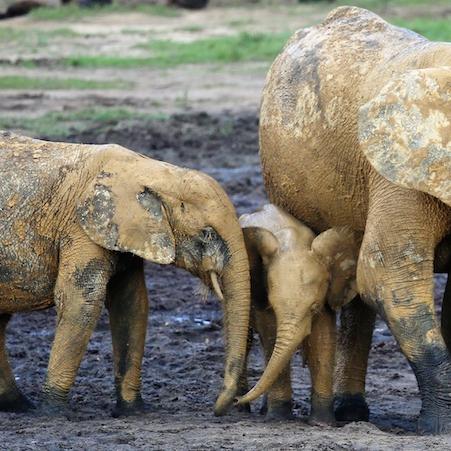
On April 25, seven Society for the Humanities’ Fellows will present their projects in progress during the annual Spring Fellows’ conference, highlighting the various ways that the theme of silence has been explored –
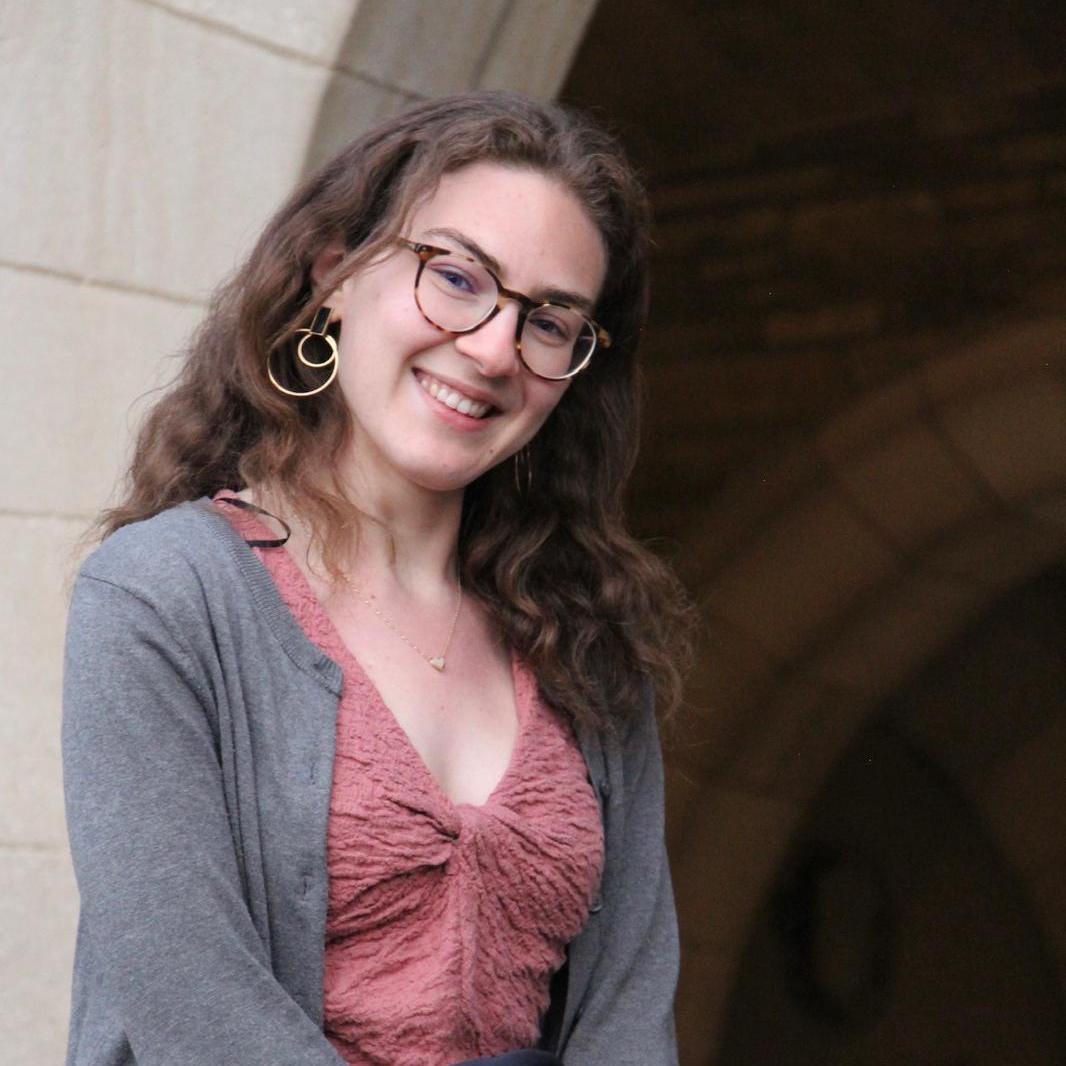
A&S senior Rafaela Uzan is one of just 16 selected for the James C. Gaither Junior Fellows Program at the Carnegie Endowment for International Peace.
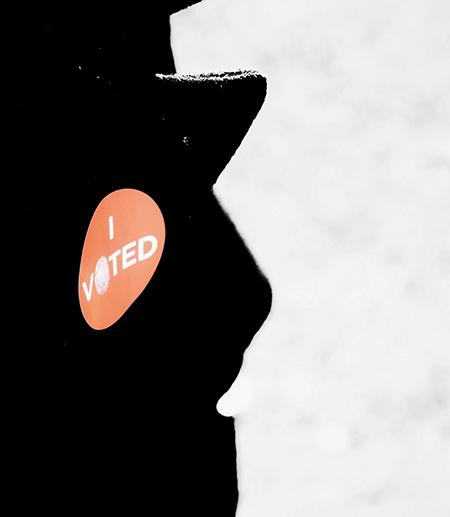

The study of pathways to democratic backsliding provides clear examples of the risks currently posed to the U.S. system of government.
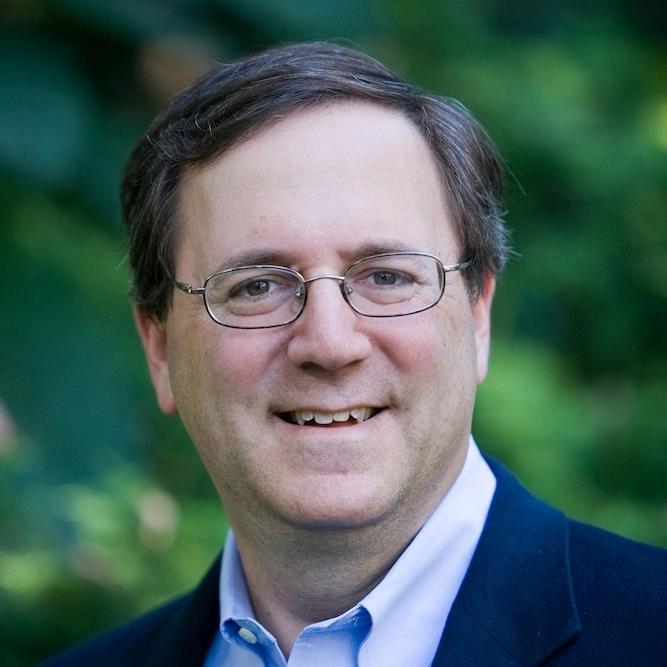
A public conversation with journalist David Sanger about his recent book, “New Cold Wars: China's Rise, Russia's Invasion, and America's Struggle to Defend the West,” will highlight his April 21-22 visit.
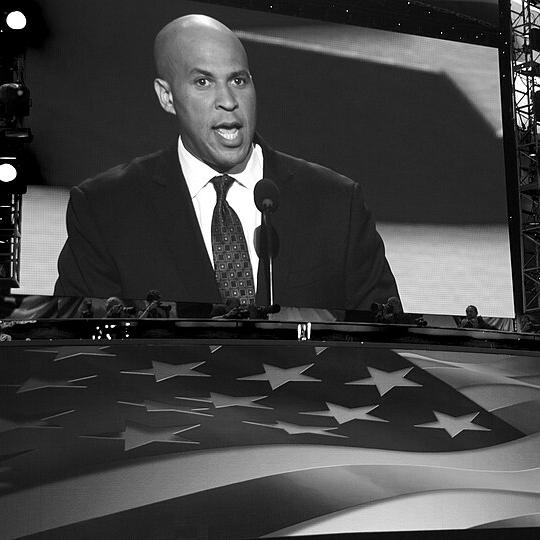
Prof. Alexander Livingston comments on Senator Corey Booker's historic 25-hour speech.
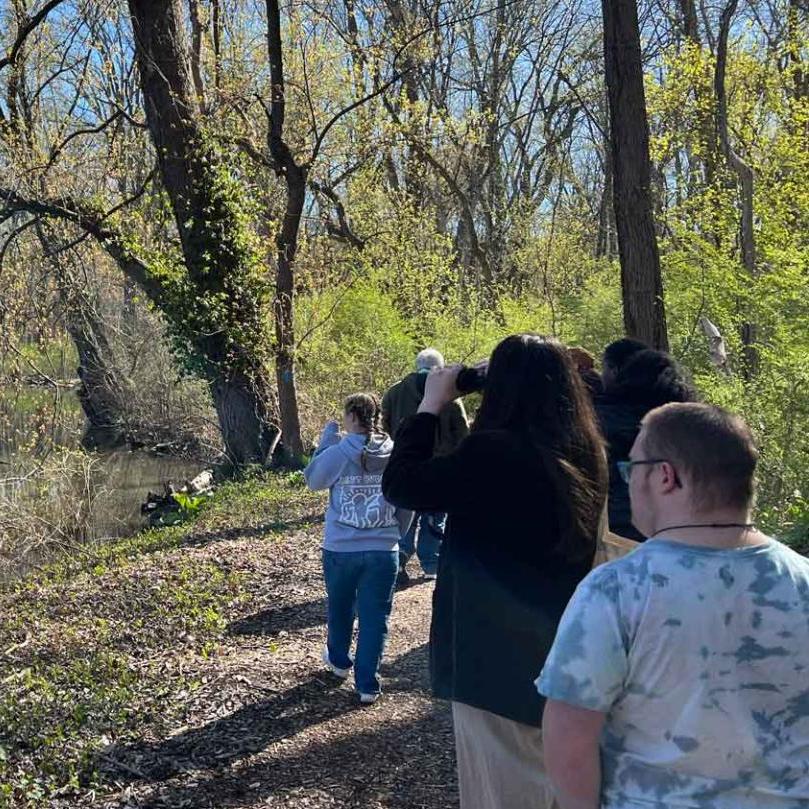
Seven projects are receiving a boost from the latest round of Engaged Opportunity Grants, awarded two times a year by the Einhorn Center for Community Engagement to teams of faculty or staff and their community partners.
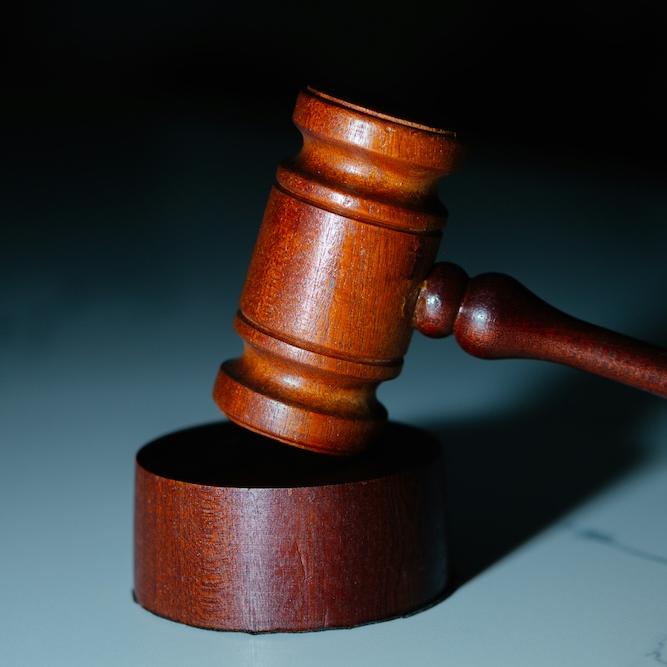

Don’t expect a broader backlash against President Donald Trump's flurry of executive orders simply because they may rest on shaky legal ground, new Cornell research suggests.
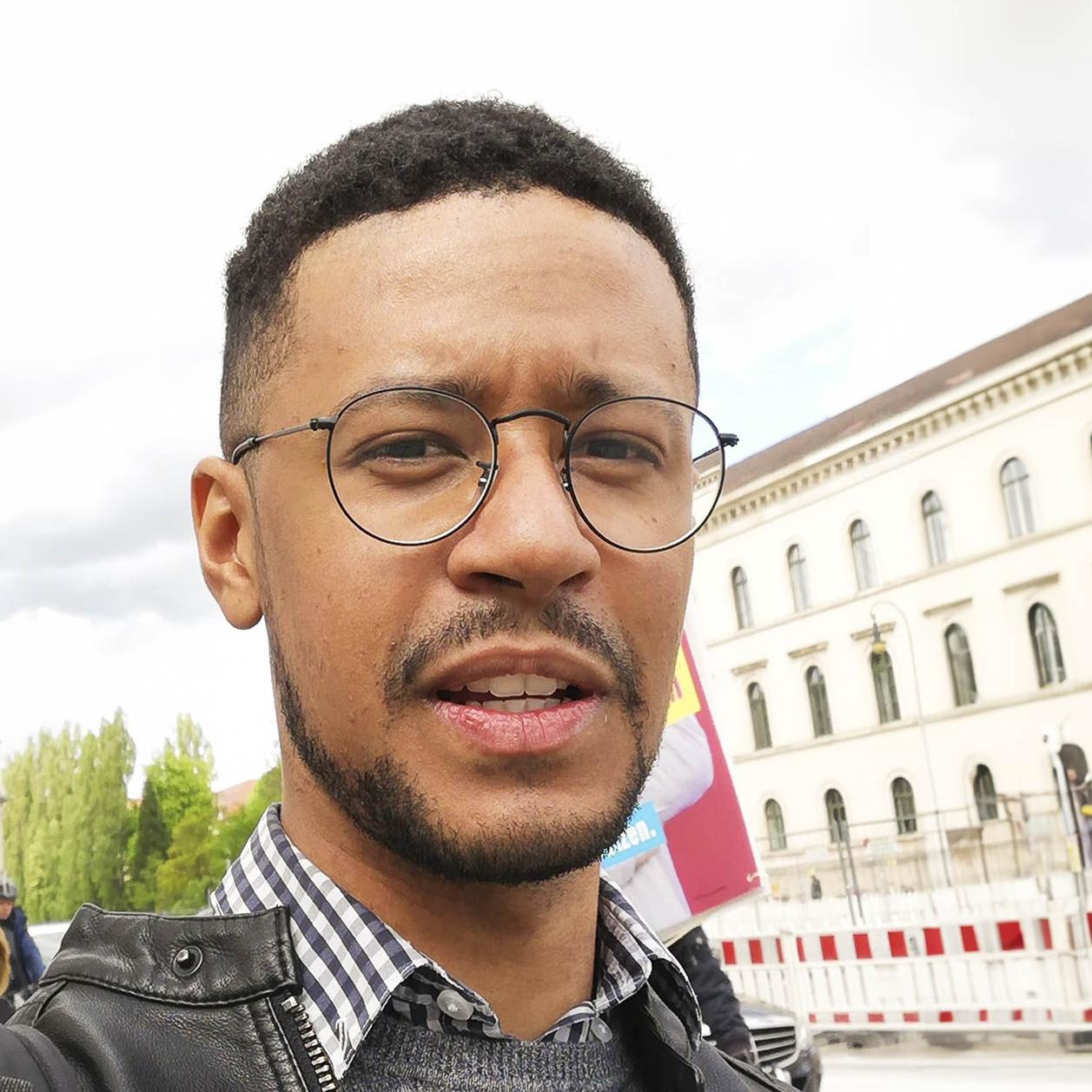
Eraldo Souza dos Santos will work on their next book project, “Everything Disappears,” a family memoir and meditation on the lived experience of Blackness and enslavement in modern Brazil.
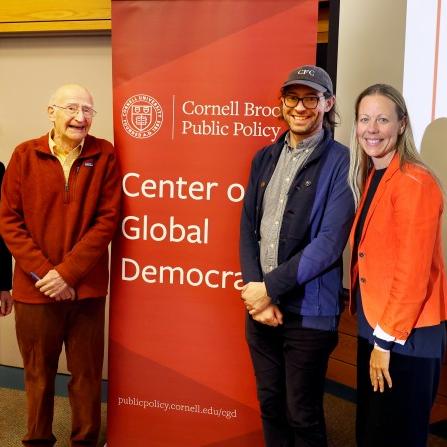

The Brooks School Center on Global Democracy hosted “Democratic Mobilizing: Comparative Responses to Backsliding Threats,” a hybrid event that attracted 120 participants and was streamed live from Goldwin Smith Hall on Cornell’s Ithaca campus.
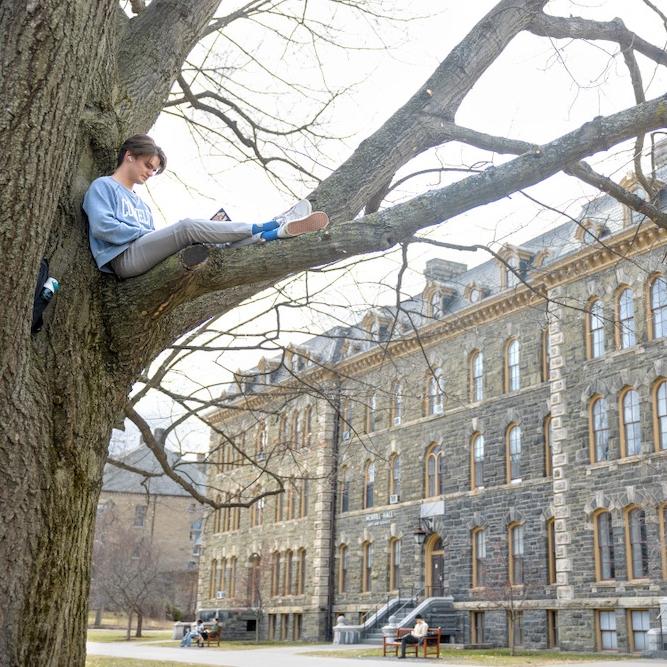
This month’s featured titles include a debut novel and a nonfiction book about the comedy troupe Firesign Theater, both by A&S authors.

Rolling back these regulations will reduce the quality of life for everyday Americans, says Talbot Andrews, who studies policy design and the changing environment.
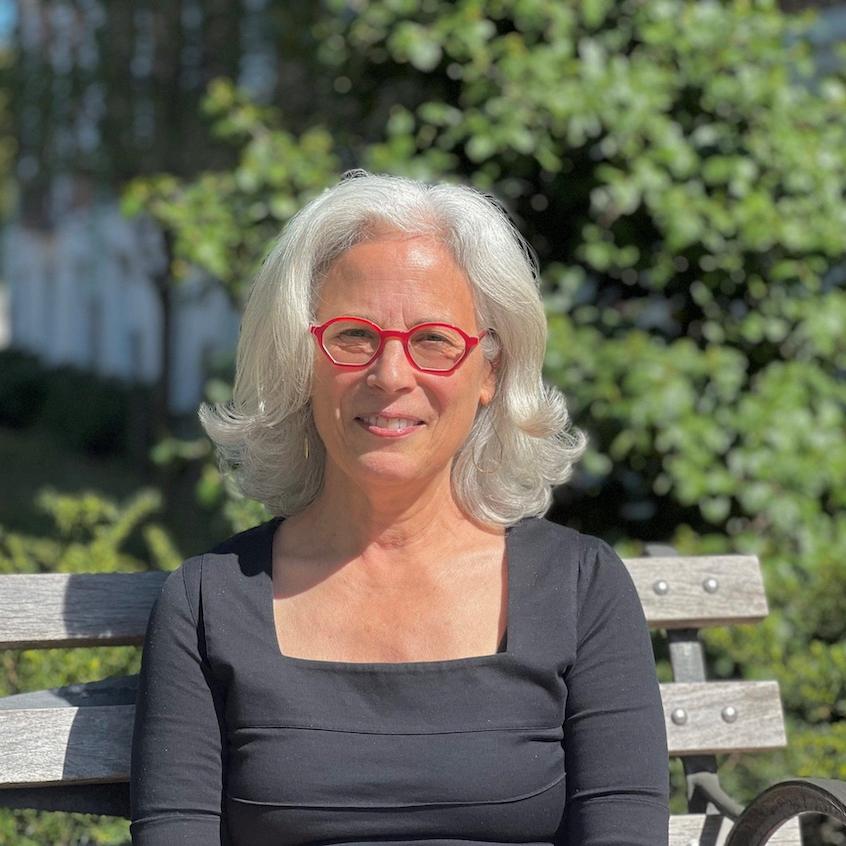
Bennett, a founding scholar of the field of new materialism, will talk about the limits of “data” as the unit of humanistic study.

This semester, visiting A.D. White Professors-at-Large will explore themes of democracy, reparatory justice and Latin American narratives during public talks.

Given its bipartisan support and national security implications, CHIPS funding will be difficult to cut, says professor Sarah Kreps.
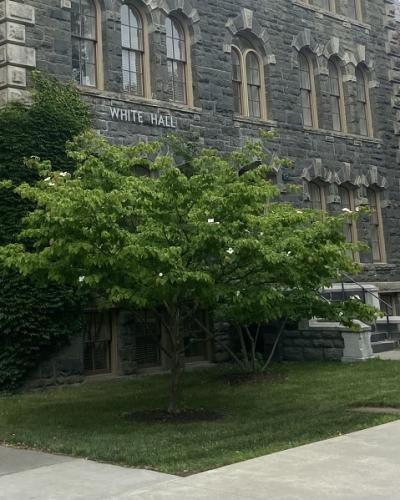
We have been busy in Government this year! Here are a few highlights.
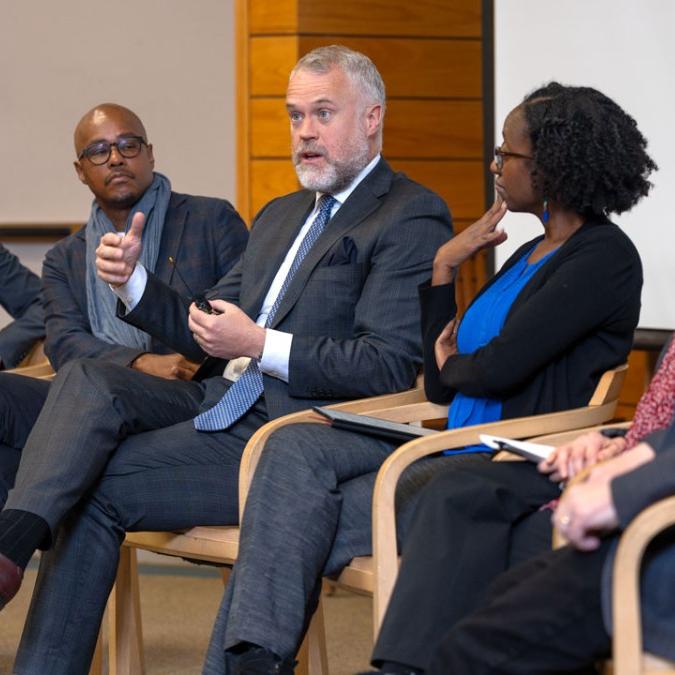

Experts discussed support for science research during a pair of panels organized by faculty and students on Feb. 28.

The effects of tariffs on imports from Canada and Mexico are already felt, and the consequences will increase in the coming weeks, says government professor Gustavo Flores-Macías.
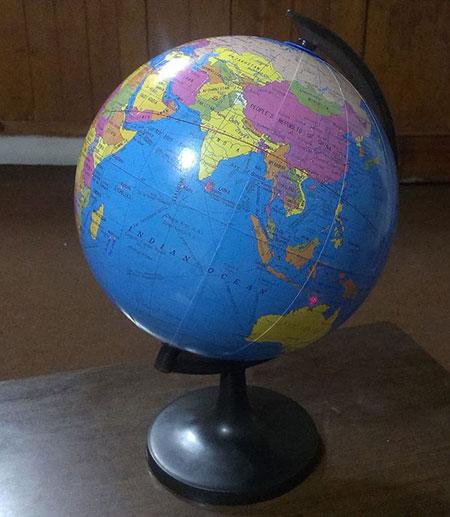
Prof. Thomas Pepinsky comments on Pres. Trump's foreign policy.


12 faculty members from seven colleges have been named 2025-26 Faculty Fellows with the Cornell Center for Social Sciences.
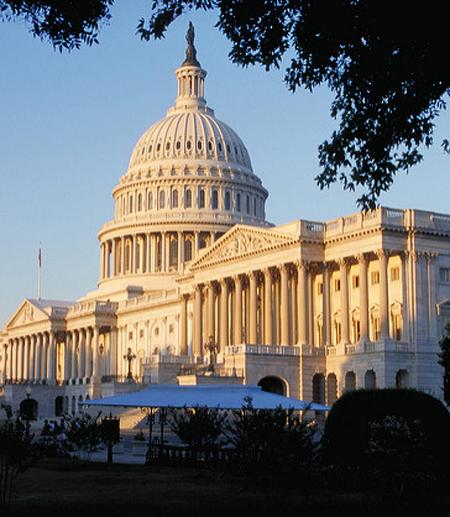
With House Republicans narrowly pushing through a budget plan, the strain on an already strained federal workforce could get worse, says government scholar David Bateman.

The Feb. 28 event will provide a forum for scientists, social scientists and humanities scholars to discuss challenges to research support in response to recent major changes to federal funding.
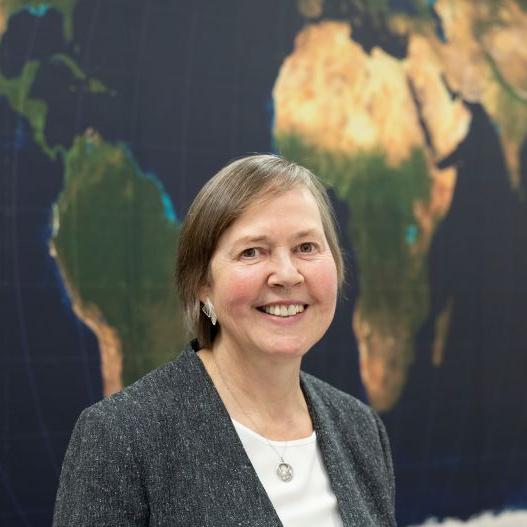

Prof. Lust's research examines the role of social institutions and local authorities in governance, particularly in Southwest Asia and North Africa.


Government professor Ellen Lust is coeditor of a new open-access book examining how decentralization affects communities in the Middle East and North Africa.
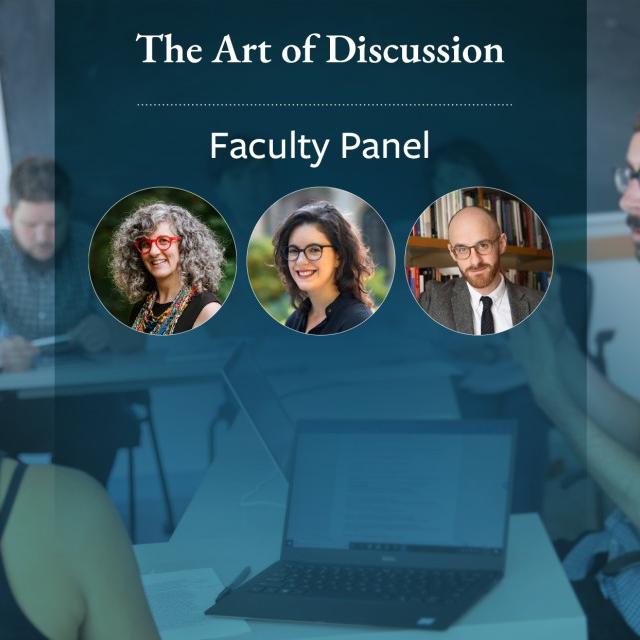

Through a series of facilitated faculty conversations, the series aims to shine a spotlight on unique aspects of a variety of teaching formats, from the discussion to the studio, from the field site to the lab to the seminar.
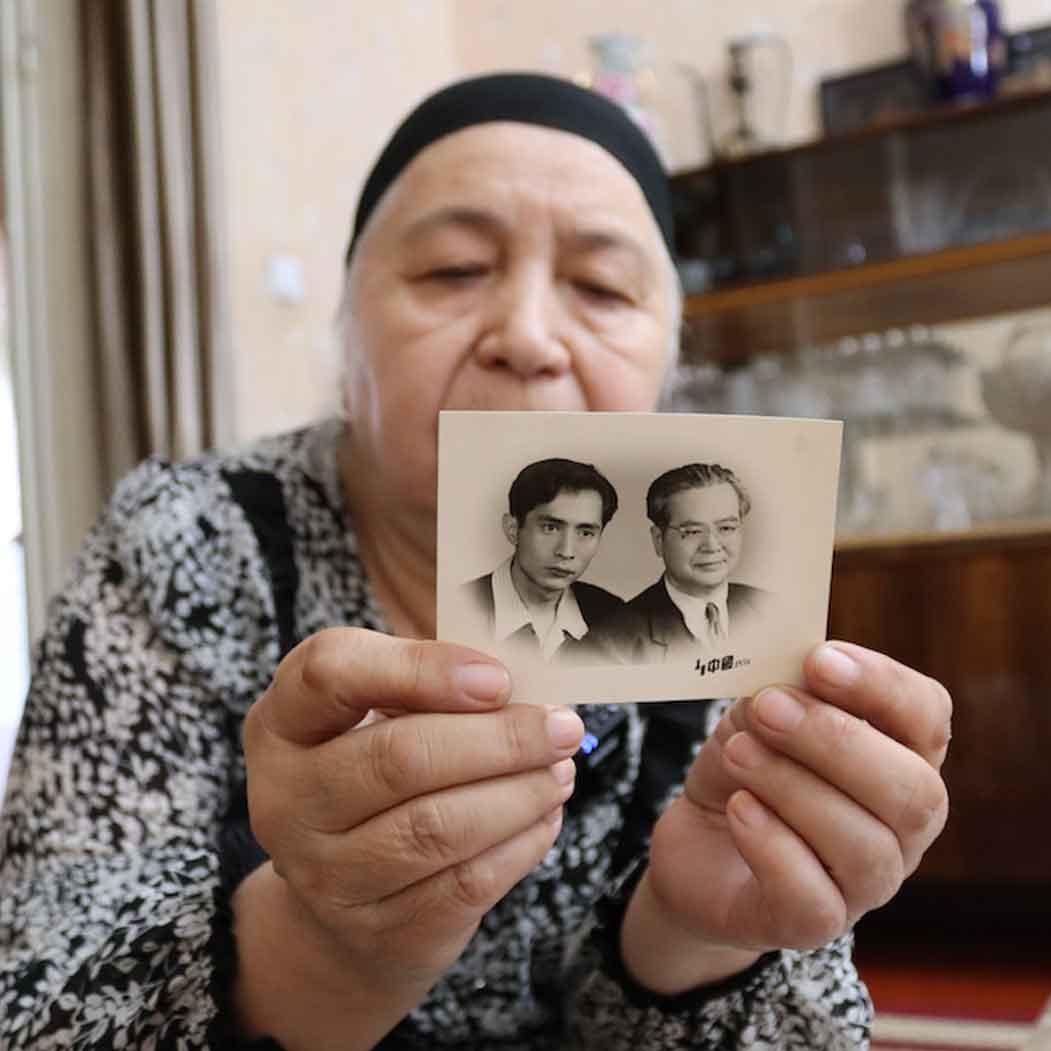
Zilala Mamat '26 has been traveling abroad to document the stories of Uyghur people.
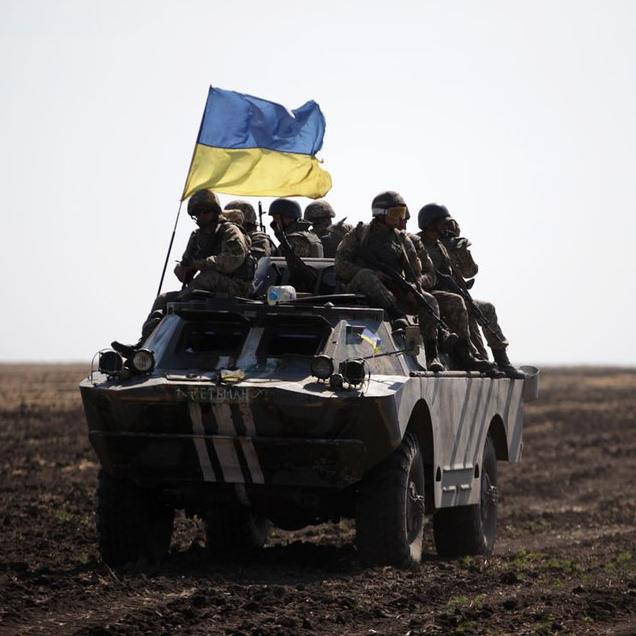
Prof. Bryn Rosenfeld comments on the summit between Pres. Trump and Putin.
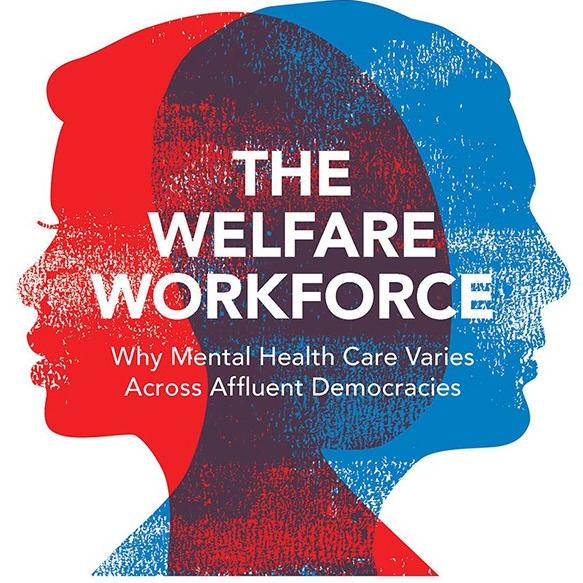

Isabel Perera explains why some countries have failed to provide adequate services for the mentally ill while others expanded care.
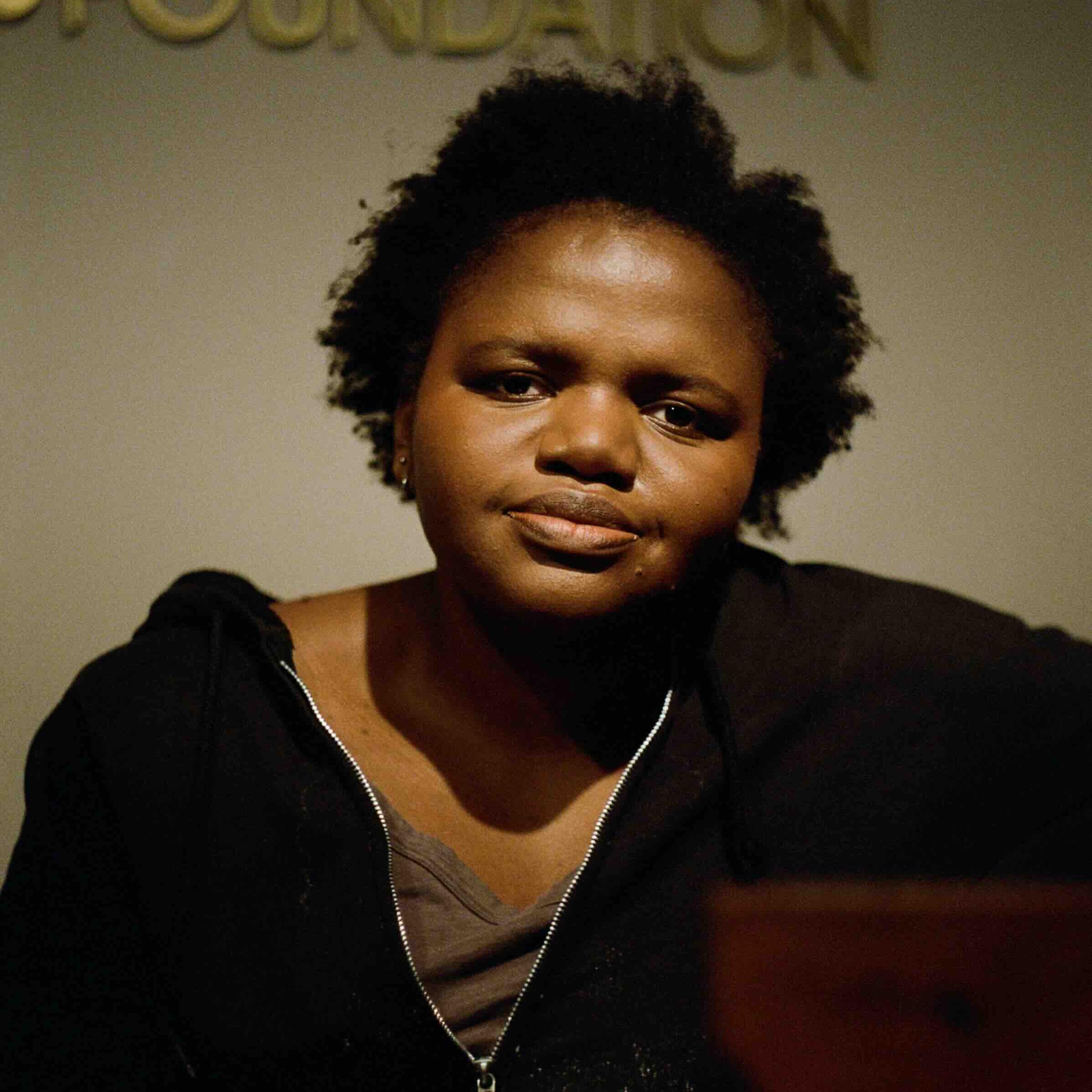
Playwright Gloria Oladipo '21 is also an award-winning cultural critic and journalist with The Guardian.

Such a retreat from current U.S. commitments dangerously disrupts protections to life and liberty, says Rachel Beatty Riedl, professor of government and director of Cornell University’s Center on Global Democracy.
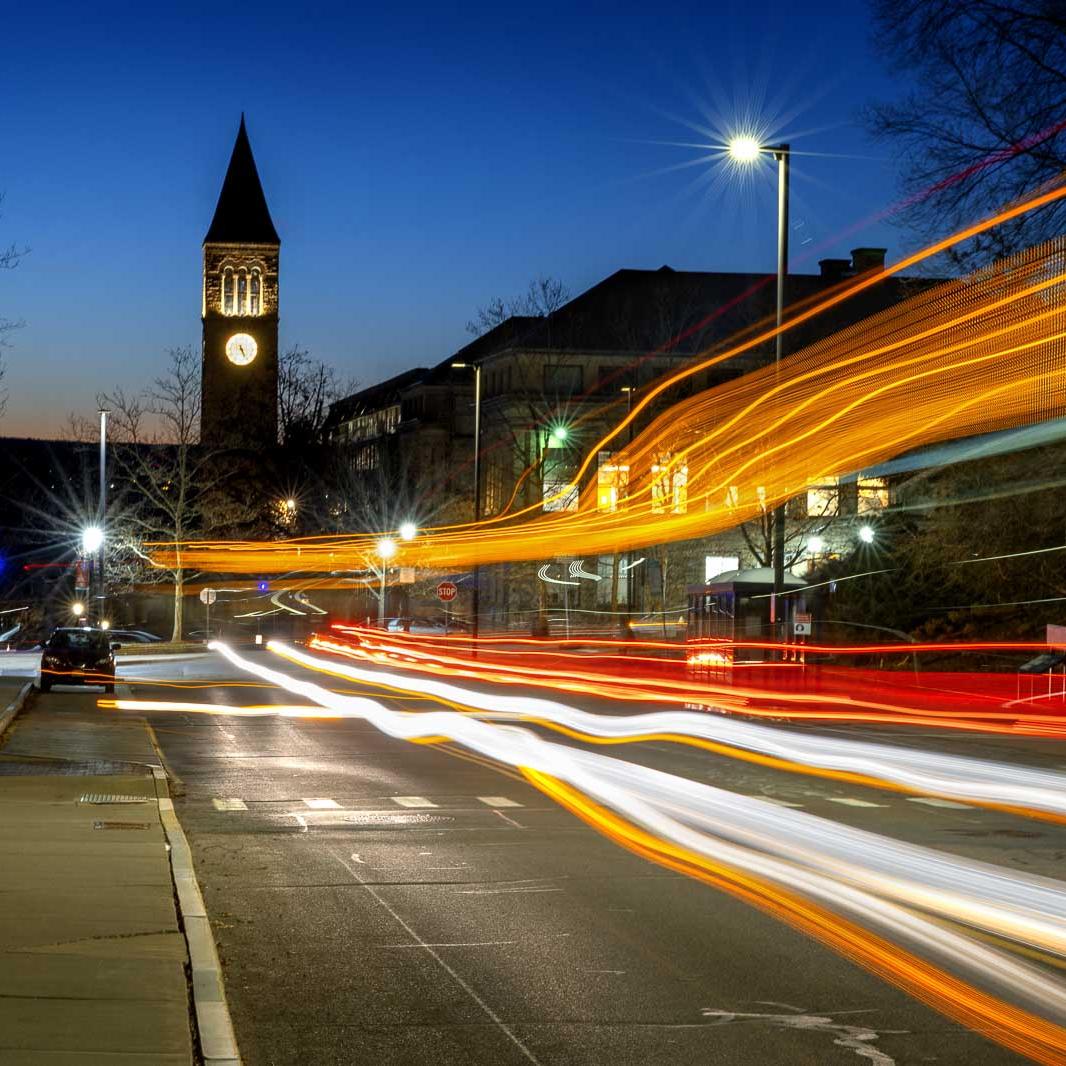
Fellows will pursue research in the sciences, social sciences and humanities.


Expansion of the Child Tax Credit gives researchers a unique example of a universally praised social good that disproportionately benefited some populations.

With the U.S. Supreme Court upholding a federal law that would effectively ban TikTok in the U.S., Sarah Kreps, professor of government and law, discusses possible paths forward for the popular app.


Voters care if they’re better off than before the last election — but also about incumbent politicians’ intentions, Cornell research finds.
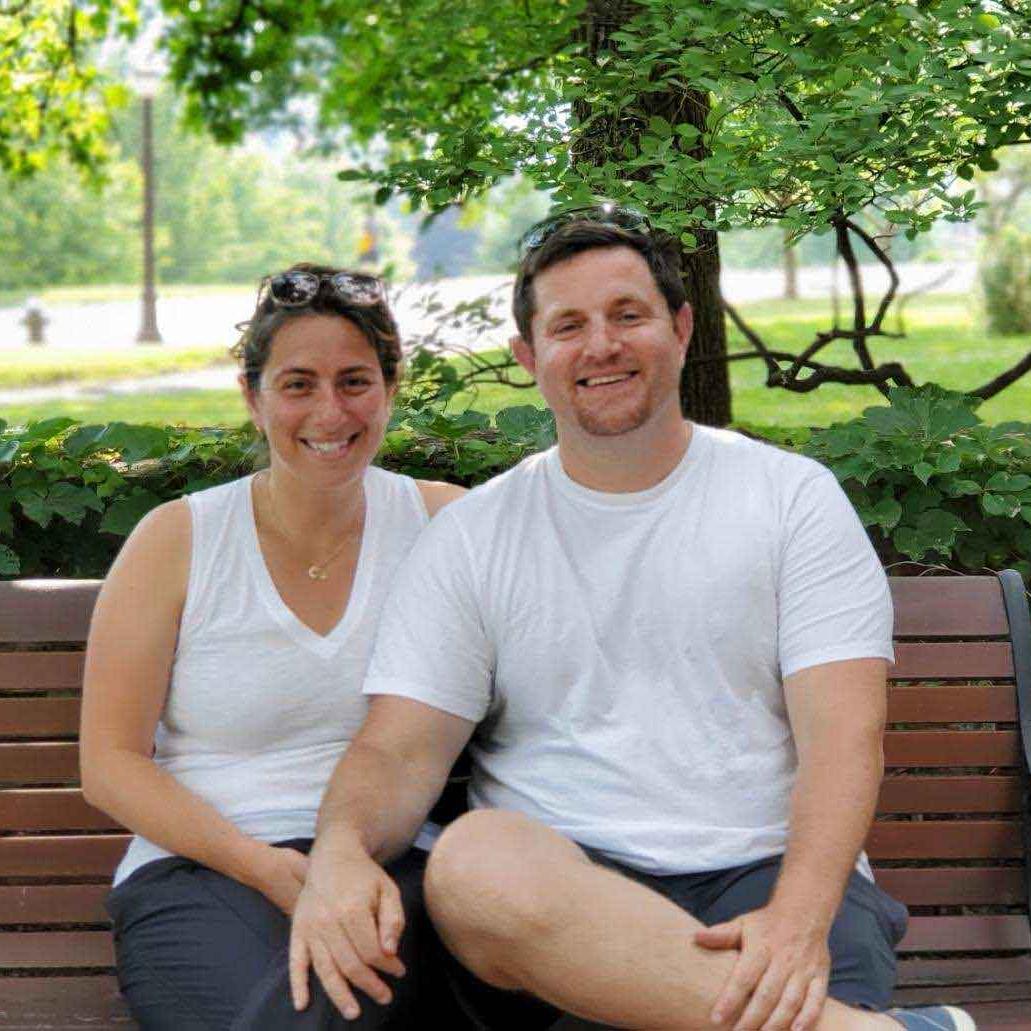
Melissa Lewin ’00 and her husband Rob ’99 are active backers of Cornell through their support of Cornell’s Public History Initiative and the archaeology program.
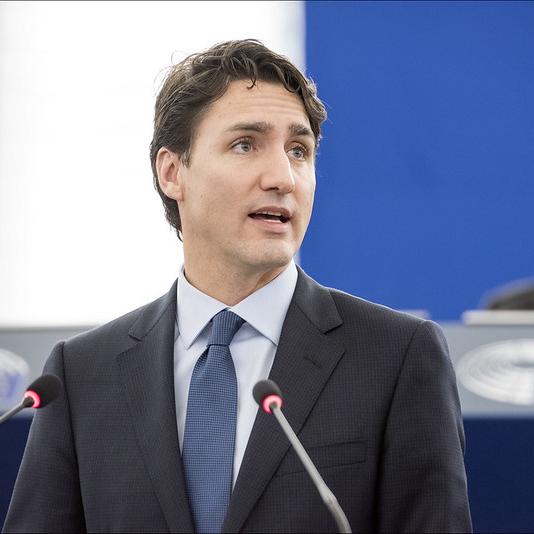
Peter John Loewen, the Harold Tanner Dean of Arts and Sciences and professor of government, says it is unclear how a new Liberal leader will be selected in Canada, and whether the Liberal caucus will agree to Trudeau’s wish to stay on until a new leader is chosen.
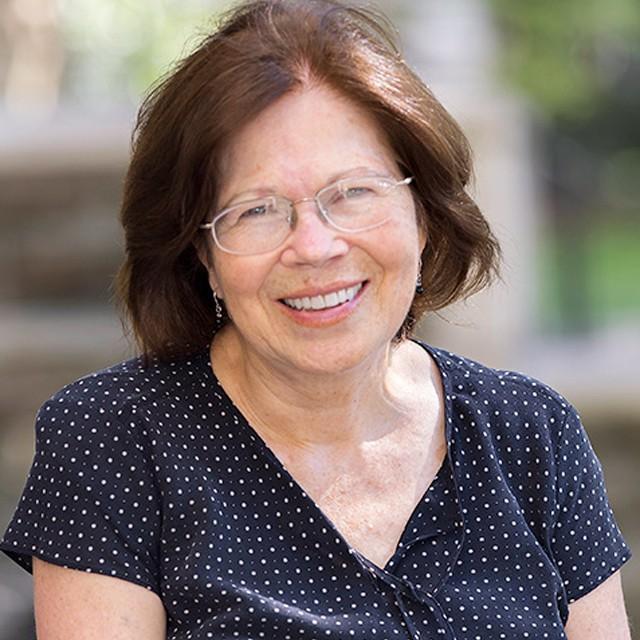
Elizabeth Sanders, Ph.D. ’78, professor of government emerita in the College of Arts and Sciences, died Dec. 2 in Cullman, Alabama. She was 81. An expert in American political development and popular politics, Sanders is remembered by colleagues as a meticulous and original scholar, a generous and devoted teacher, and a passionately committed activist.

“The Supreme Court’s decision to hear the TikTok case reflects an inclination to make its mark on a potentially landmark decision – how to balance constitutional freedoms against national security in an era of globalized technology."


The research team includes faculty, postdoctoral researchers and doctoral students from fields such as computer science, electrical and computer engineering and social sciences.
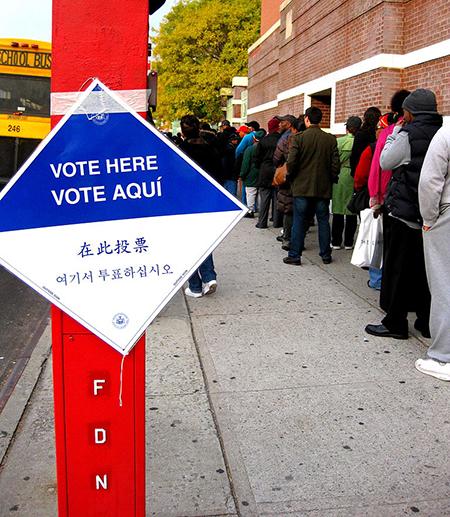
A Cornell professor’s election forecasting model correctly picked Trump’s win this year in all 50 states – and would have correctly predicted 95% of states in every election since 2000.
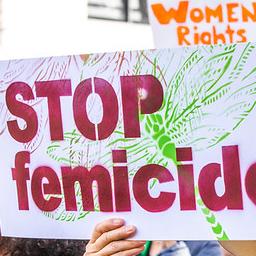
Kenyan women are taking to the streets and calling for President Ruto to declare femicide a national crisis following the murders of 97 women over three months; professor Sabrina Karim sees it as part of a global trend.
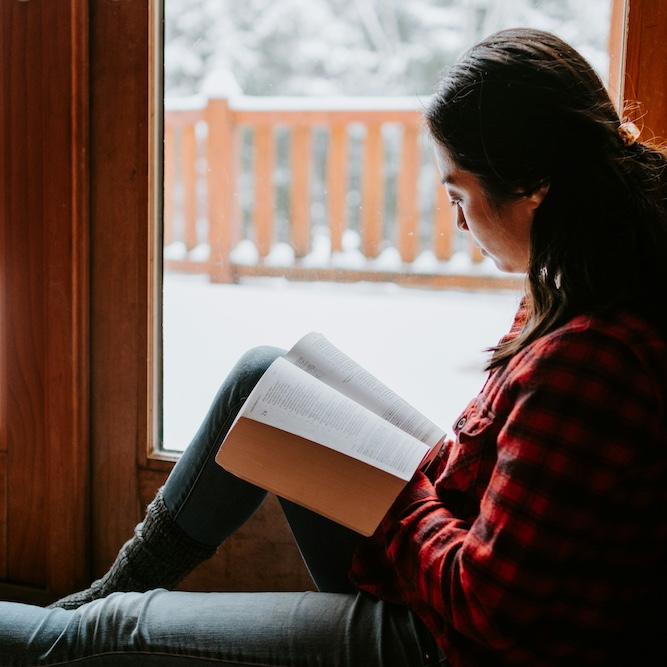
This month’s featured titles include a history Harlem by a government alum and a prof’s memoir about his education under Apartheid.
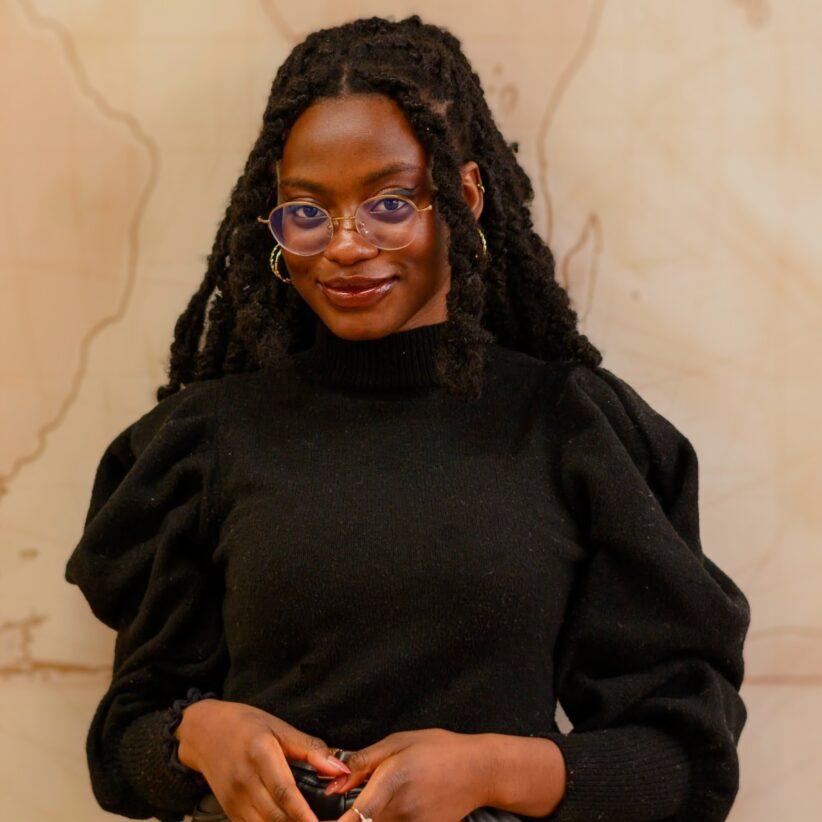
Danielle Obisie-Orlu, doctoral student in government with a focus on international relations, studies how memory and migration shape international relations and affairs under the guidance of Oumar Ba.